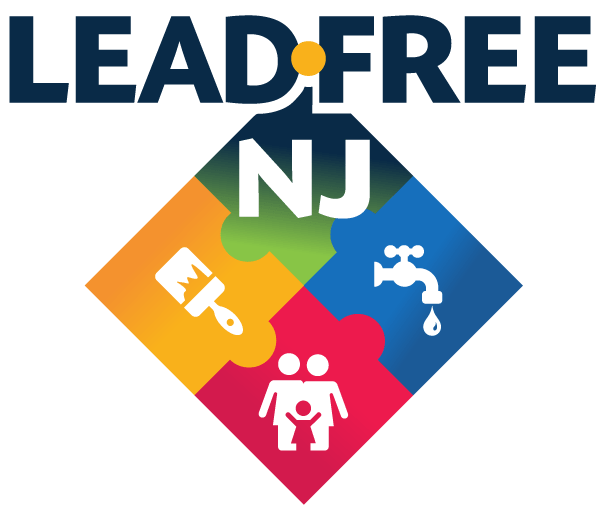Published by NJDCA here.
DCA Reminds Municipalities of July 22, 2024, Deadline to Have Rental Properties Inspected for Lead-Based Paint Hazards
- Posted on: 07/17/2024
Inspection Documentation can be Submitted Through a New Online Portal
Trenton, NJ – The New Jersey Department of Community Affairs (DCA) is reminding municipalities that P.L. 2021, c.182, which requires inspections for lead-based paint hazards to be performed on certain pre-1978 single-family, two-family, and multiple-rental dwellings, must be completed and documentation submitted to DCA by no later than July 22, 2024, or upon tenant turnover, whichever is earlier. Municipalities that have a permanent construction enforcement agency are required to perform the inspections themselves, and municipalities that do not must contract with a vendor who is certified by DCA for the inspections. Municipalities can submit inspection documentation through the online portal by visiting the Municipal Lead Reporting Portal.
More information on the Law and its requirements can be found here, including information concerning the rental properties that must be inspected: Lead-Based Paint Inspections in Rental Dwelling Units.
“Exposure to lead-based paint is a health threat, especially for children under six who may touch, swallow, or breathe in lead dust. Exposure can cause adverse health effects including brain damage, slowed growth and development, and other problems affecting learning, behavior, hearing, and speech,” said DCA Commissioner Jacquelyn A. Suárez. “If you own or rent a residential property in New Jersey built before 1978, or are a tenant living in one of these units, and have noticed peeling, chipping, or damaged paint, you may be eligible for free lead-safe repairs through our state’s Lead Remediation and Abatement program.”
If lead-based paint hazards are identified during the municipality’s inspection, then the owner of the dwelling is required to remediate the hazards through abatement or lead-based paint hazard control mechanisms, and to provide required information to tenants. Landlords may directly hire a certified lead evaluation contractor for this purpose, or the municipality may connect income-eligible units with DCA resources for remediation and abatement through the Lead Remediation and Abatement Program (LRAP) to assist property owners.
Property owners may visit https://www.nj.gov/dca/dhcr/offices/lrap.shtml for more information on LRAP.
Landlords interested in remediating their units through LRAP must first ensure that the occupants renting their unit(s) meet the program requirements. If the residence is vacant at the time of application, the landlord must place income-eligible tenants in the building within 120 days of the completion of remediation and/or abatement work.
Priority is given to proposals that serve areas with the highest level of need, based on the number of children under the age of six with elevated blood lead levels.
Applications approved for assistance will be assigned to a certified contractor in the service area where the home resides.
“The Department takes the issue of lead very seriously,” said Assistant Commissioner Janel Winter, who directs the Division of Housing and Community Resources. “We want to also remind landlords and tenants to take advantage of the LRAP program if there is lead paint in the home. We encourage tenants to speak with their landlords about taking advantage of the program.”
Approved contractors will conduct lead-safe repairs and energy efficiency improvements in residential units built prior to 1978. These funds will be used to identify and remediate lead-based paint hazards through encapsulation, replacement, or abatement. Encapsulation and replacement are defined as a set of measures designed to temporarily reduce human exposure or likely exposure to lead-based paint hazards. Lead abatement measures provide a long-term solution to removing lead-based paint hazards from surfaces and components via replacement and/or repair.
LRAP grant funding also supports non-profits, for-profit agencies, and municipalities in removing lead-based hazards from homes of low- to moderate-income households.
The Division of Housing and Community Resources is committed to strengthening neighborhoods through the delivery of affordable housing and supportive services and to providing financial and technical assistance to municipalities, community action agencies, and other nonprofit organizations for community and economic development projects that improve the quality of life for residents, especially those who are vulnerable and disadvantaged.
DCA offers a wide range of programs and services, including local government management and finance, affordable housing production, fire safety, building safety, community planning and development, disaster recovery and mitigation, historic preservation, and information privacy.
For more information about DCA, visit https://nj.gov/dca/ or follow the Department on social media:
